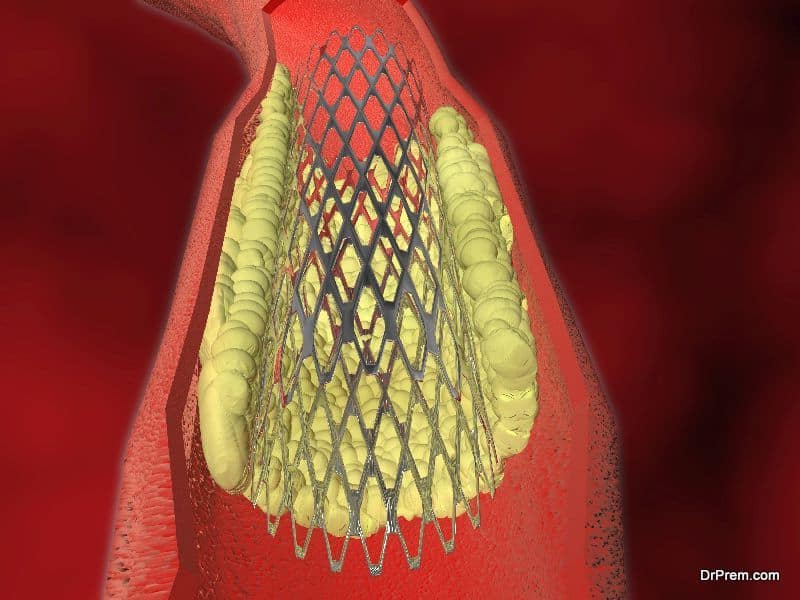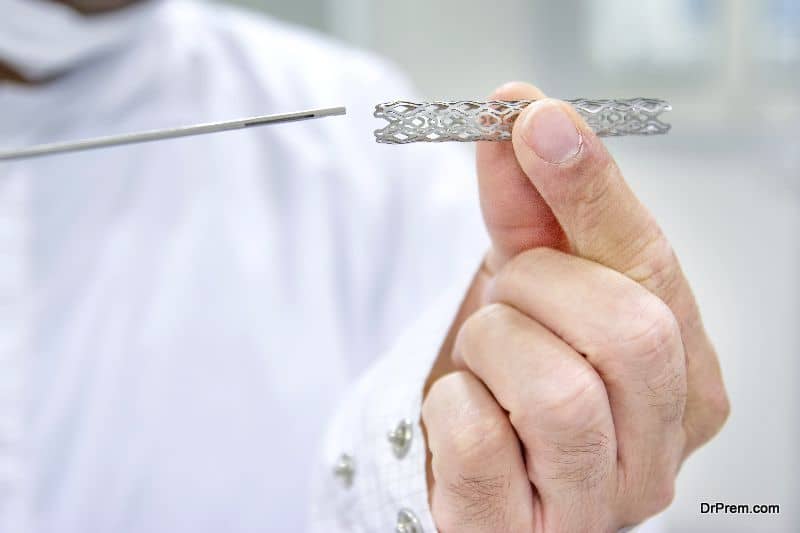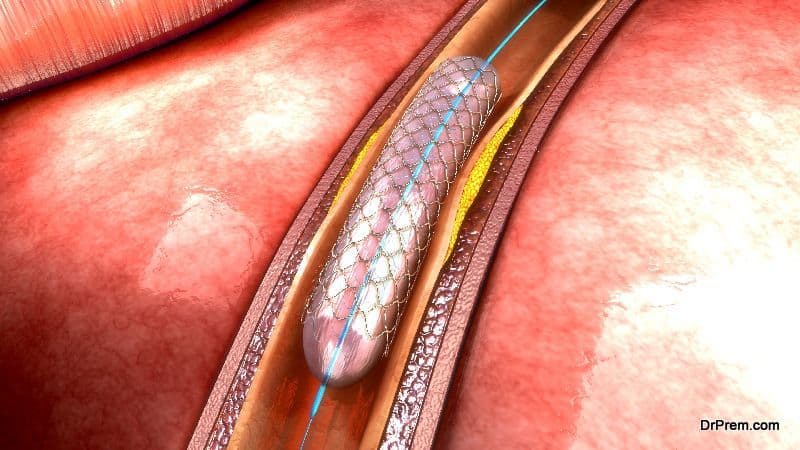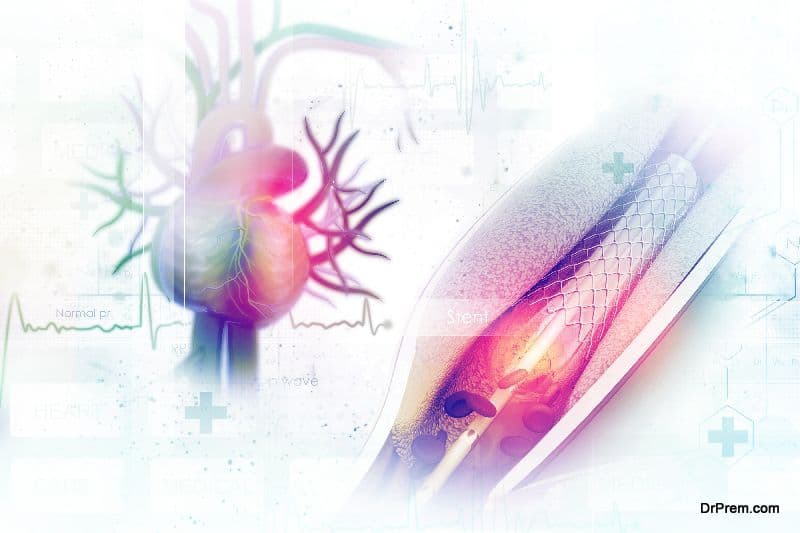Can stents really help in providing the desired relief from angina? A recent research study on heart stents has rendered stent placement unnecessary in most patients with stable angina. About 500,000 patients in the US and Europe have stents installed to manage stable angina. The treatment cost can shoot up to $67,000 depending on the hospital and the patient’s healthcare insurance coverage.
Whether a stent is at all required or the condition can be managed through medications – few cardiologists are taking these into consideration. Medical experts are even going to the extent in assigning stent implantation an outcome of the epidemic of unnecessary treatments. It implies that such treatments are not based on high-quality trials in spite of evidences that contradict the procedure.
What is the purpose of stents?
A stent is a metallic or plastic mesh placed inside the coronary artery to reduce its narrowing or unblocking when there are higher chances of heart attack. Stents are also placed when the narrowing of arteries is caused by exertion, not a blockage.
Those without blocked arteries may not need stents. This subtle difference can make a huge difference in treatment procedure resulting in tremendous cost saving.
ORBITA Trial stresses on placebo effects of stents:
In a study conducted among 230 stable angina patients with at least one having narrowed coronary artery, revealed that placebo effect had a better impact which was not considered before. These patients were given intensive drug treatment for six weeks.
After this, half of the group was provided with stents and the other half was provided with a sham stent. The results were surprising. The patients with real stents did not report of significant improvement in angina pain and quality of life compared to those who didn’t receive them.
According to Dr. Rasha Al-Lamee, an interventional cardiologist at Imperial College Healthcare NHS Trust, stents did improve the blood circulation but didn’t provide better relief in symptoms compared to the non-receivers of real stents in this group study.
Are stents required or not?

The study to identify the absolute requirement of stents has been carried out since long that clearly indicated this may not be effective in all cases of stable angina.
In another study published a decade back in New England Journal of Medicine also showed that stents in angina patients did not improve their mortality risk from cardiovascular ailments. The same was also revealed through several meta-analyses of other randomized controlled trials.
Double-blind sham-control study of ORBITA gave more convincing results:
The full form of ORBITA is Objective Randomized Blinded Investigation with optimal medical Therapy of Angioplasty in stable angina. This clinical trial is unique in every respect as it followed the double-blind sham-control study, considered the gold standard of evidence in studies with medical devices.
195 patients were randomly selected either for stent placement or sham stent procedure. Even the doctors were unaware that which patients got real and which got fake stents. This was done to negate the risk of getting biased.
After six weeks, the patients with real and fake stents were given treadmill tests for follow up. Time spent on exercising, changes in oxygen intake and severity of chest pain were measured. The researchers found no significant clinical differences between the carriers of real and fake stents. This led to the conclusion that real stents did not outperform the fake ones.
Stents can be disturbing too:

Medical devices are not rigorously regulated as drugs. Only 1% of them get FDA nod after being tested through high-quality clinical trials. In case of stents, such trials unfortunately were not carried out.
This new study of ORBITA not only produced significant findings in using stents for angina treatment but also emphasized the necessity of strict regulations and high-quality clinical trials prior to the adoption of new medical devices and therapies.








